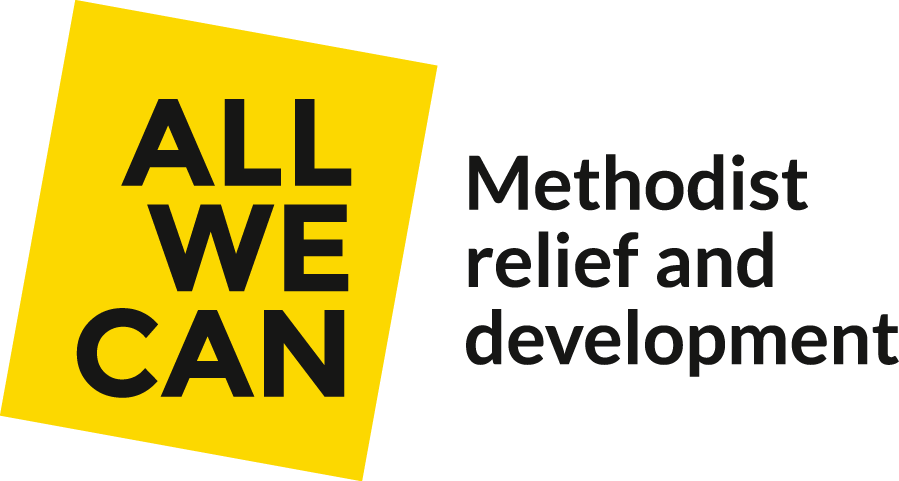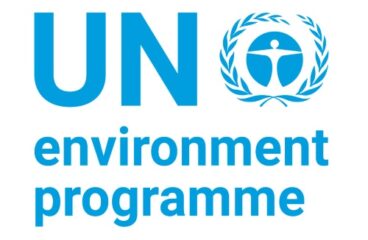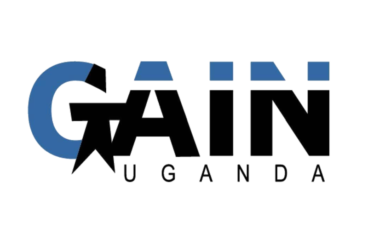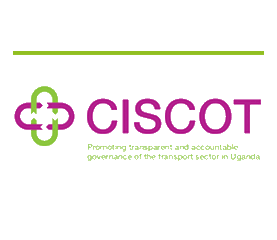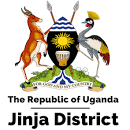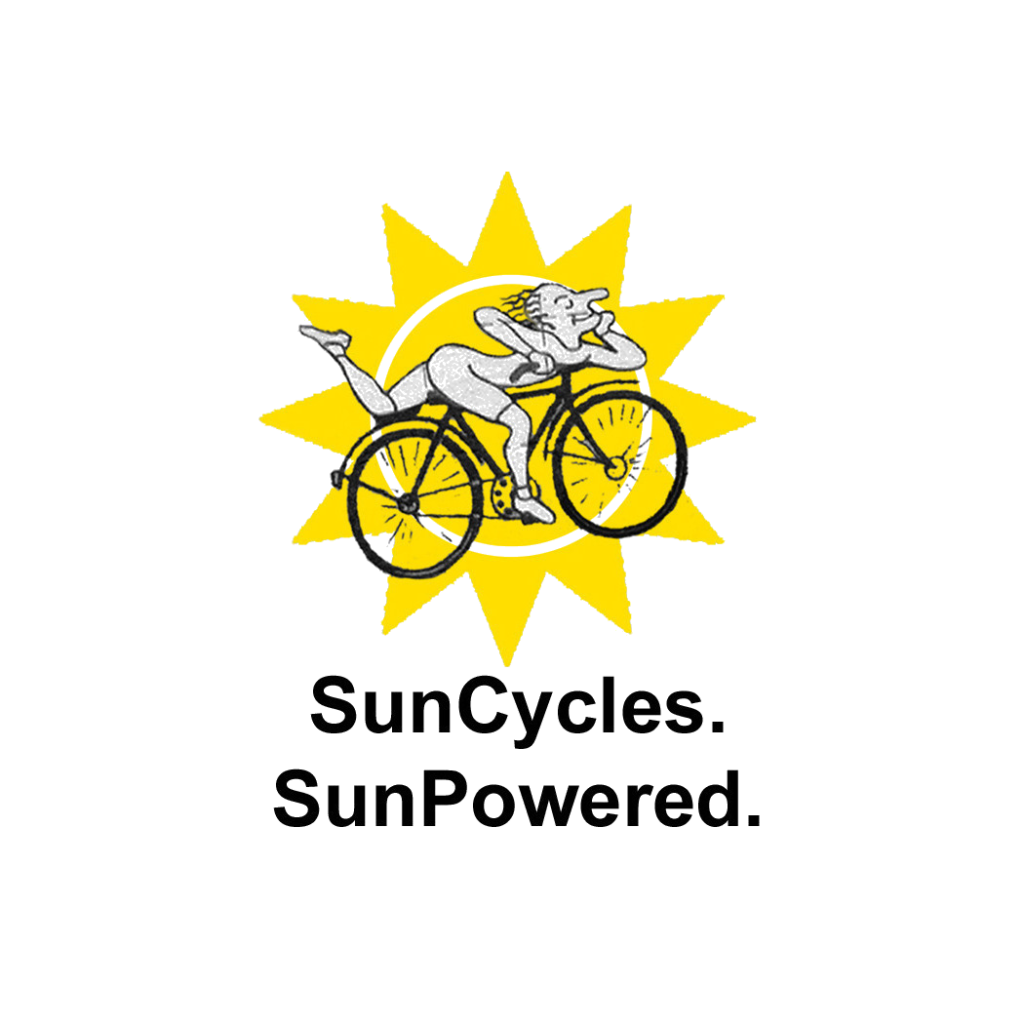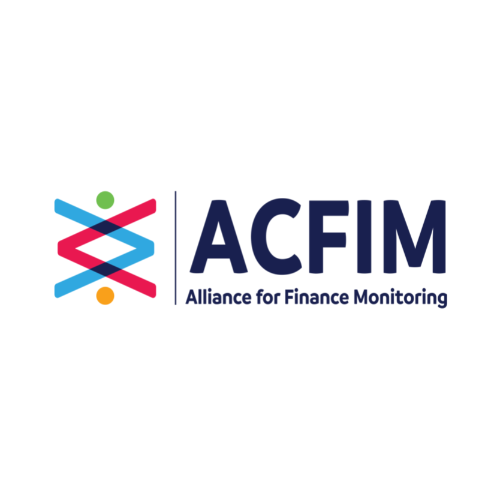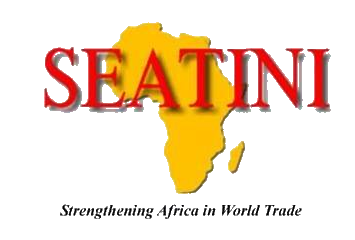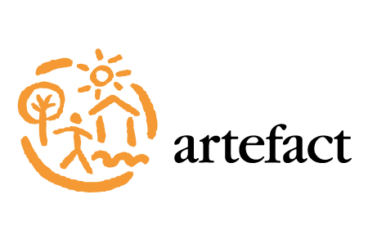Home
The challenge
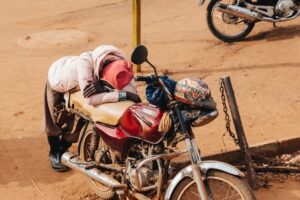
Mobility—especially reliable transportation—is a fundamental aspect of people’s lives and a critical driver of a country’s development. However, in Uganda, challenges persist, impacting both individuals and the nation as a whole.These challenges range from:
Inefficient Transportation Methods: Most transportation is still done by foot, with people carrying heavy loads on their heads, or by using “Bodas” (motorcycles). However, even in instances where one is able to use a boda, they have Wait alongside roads or walking for hours daily significantly hampers productivity for around 25% of Ugandan laborers. This waiting and unwilling walking leads Loss Productive Time for workers and students who are often seen waiting for transport to work, school, hospitals, or markets consumes valuable hours each day (in 2024, people in urban areas loss about 40minutes to 4 hours in traffic). The current boda motorcycles are also deeply impacting the Environmental: The widely spread use of Bodas contributes to air pollution due to exhaust fumes. Improper disposal of engine oils further harms the environment. This and much more not only put the current life of humanity at risk but even the future generation and the environment.
The Limited access to transportation (mobility) as mentioned above affects people’s ability to work, attend school, and access essential services like health care and for the girl child, School Dropouts is very rampant because many Ugandan children walk long distances to school. (at least 5kms to 12kms to school).
In the Busoga region of Uganda, school dropout rates are a significant concern. It’s estimated that 91% of children aged 11 to 19 in Jinja District lack access to secondary education1. This high dropout rate hampers educational opportunities and contributes to the cycle of poverty in the region. FABIO’s bicycle initiatives aim to address this challenge by improving mobility and making education, health, market more accessible for people. FABIOs innervations are therefore aimed at providing people centred solutions through initiatives like: Cycle to school. Bicycle ambulance for healthy sector, women saving groups and much more. In a nut shell, FABIO uses bicycles to break the poverty circle and cycle -immobility-lack of access to education , empowering communities for a better future.
The solution is a bicycle.
A bicycle can make a change! To get out of poverty, accessibility is one of the most important tools. The bicycle drastically improves this in an eco-friendly way. Easy to repair and maintain, in many cases the bicycle is a suitable response to the challenges people face with mobility. FABIO is aiming to spread the idea of cycling for a better future.
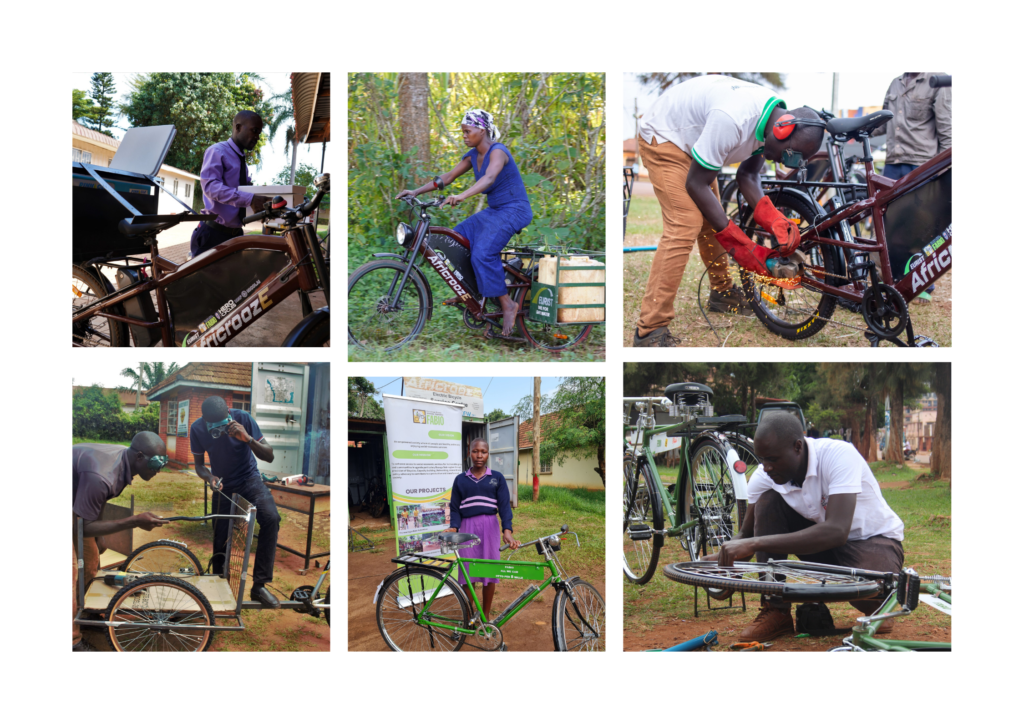
The change
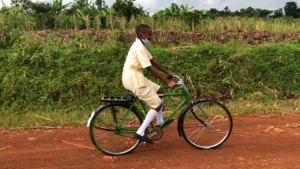
A bicycle can make a change! The solution is as old as good. To get out of poverty, accessibility is one of the most important tools. The bicycle drastically improves this in an eco-friendly way. Easy to repair and maintain, in many cases the bicycle is a suitable response to the challenges people face with mobility. FABIO is aiming to spread the idea of cycling for a better future.
FABIO Programmes.
Livelihoods.
Environment & climate change.
Good Governance.
Our projects
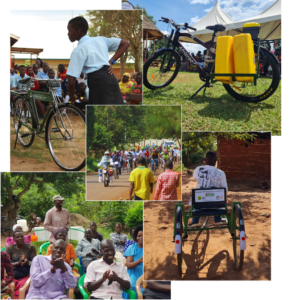 FABIO improves lives by many different programs around sustainable and affordable mobility. One focus is on women’s groups gaining access to markets, enhancing their ability to do their daily tasks faster and hence improving their productivity. Another focus is on school children, especially girls. By providing bicycles, schoolchildren having to walk really long distances, can improve their school retention and performance. To enable and strengthen their effectiveness in supporting communities on health related issues FABIO also provides bicycle ambulances to village health teams in rural communities. Another current project focusses on the spreading of solar powered E-Mobility among the streets of Jinja and Iganga. You are invited to discover all of our interesting projects.
FABIO improves lives by many different programs around sustainable and affordable mobility. One focus is on women’s groups gaining access to markets, enhancing their ability to do their daily tasks faster and hence improving their productivity. Another focus is on school children, especially girls. By providing bicycles, schoolchildren having to walk really long distances, can improve their school retention and performance. To enable and strengthen their effectiveness in supporting communities on health related issues FABIO also provides bicycle ambulances to village health teams in rural communities. Another current project focusses on the spreading of solar powered E-Mobility among the streets of Jinja and Iganga. You are invited to discover all of our interesting projects.
Our Reviews.
Our partners

